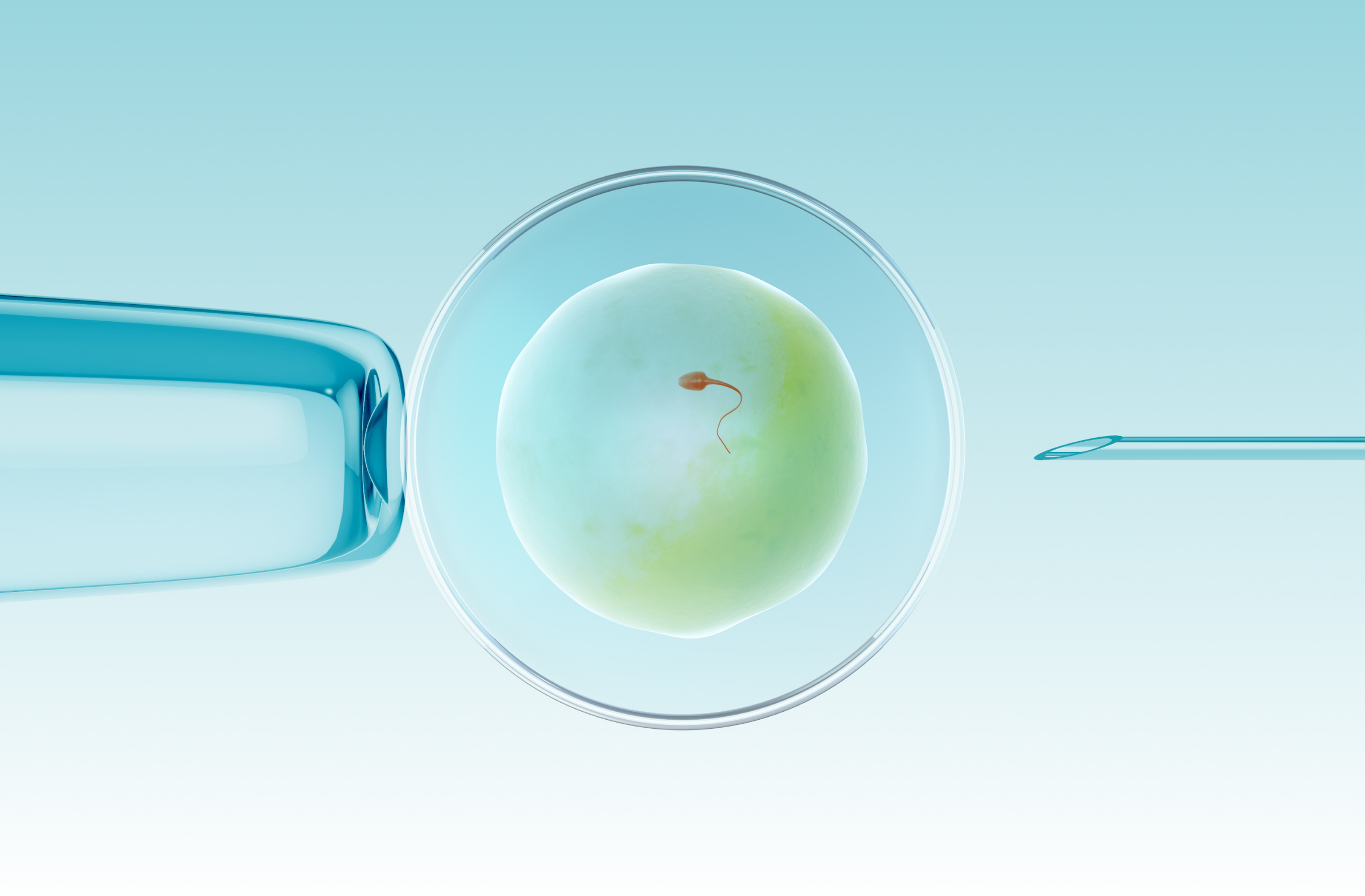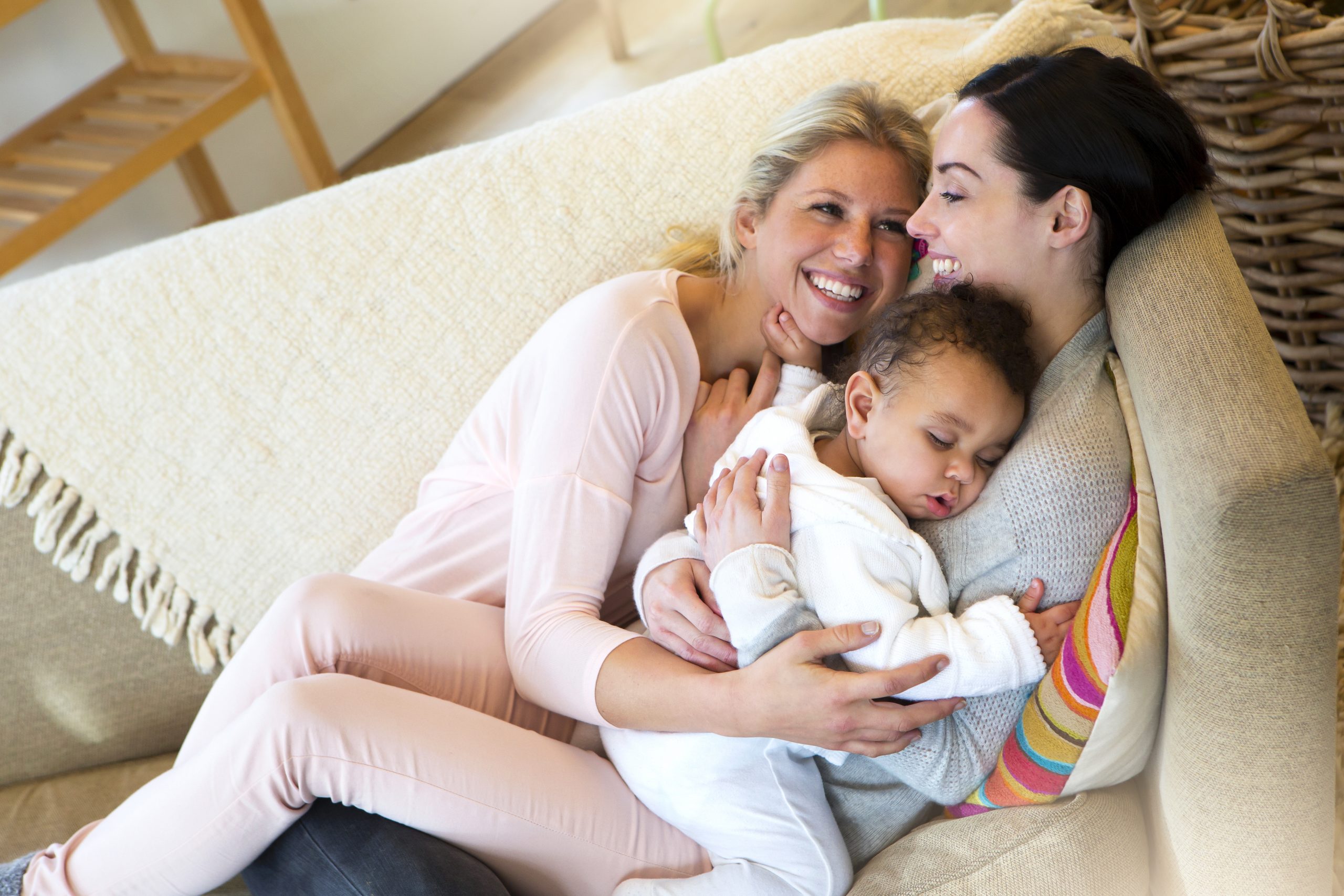LGBTQ+ reciprocal IVF, also known as shared motherhood, is a fertility treatment for same-sex female couples where one partner's eggs are collected, fertilized with donor sperm, and the resulting embryo is then transferred to the other partner's womb to carry the pregnancy. This allows both partners to share the biological and gestational aspects of creating their family, with one serving as the biological mother and the other as the birth mother.
How it works:
- Egg Stimulation and Collection:
One partner (the egg donor) undergoes fertility treatments to stimulate and collect eggs from her ovaries. - Fertilisation:
The collected eggs are then fertilised in a lab using donor sperm to create embryos. - Embryo Transfer:
The other partner (the birth mother) receives medication to prepare her uterus for pregnancy. One or more of the resulting embryos are then transferred into her uterus. - Pregnancy:
The partner who receives the embryo carries the baby to term and gives birth.
Benefits for LGBTQ+ couples:
- Shared Parenthood:
Both partners actively participate in creating their family. - Shared Experience:
It allows both partners to have a biological connection to the child (through the egg donor) and to experience pregnancy and childbirth. - Empowerment:
It is a powerful treatment that supports the growth of LGBTQ+ families, enabling more equitable participation in the fertility journey.

